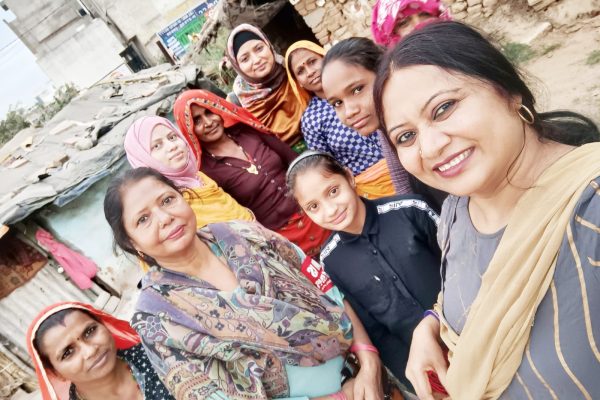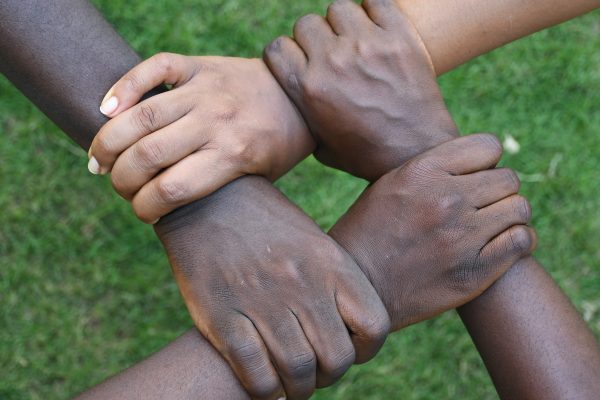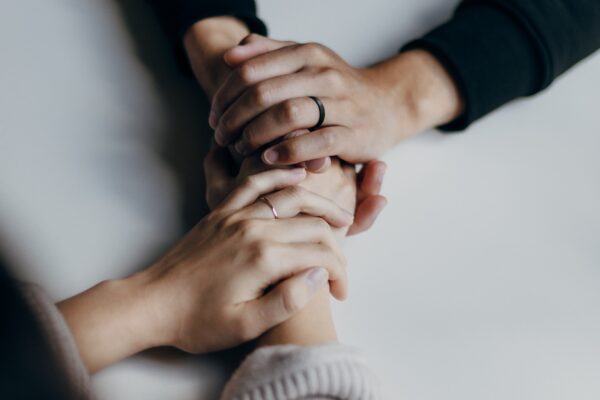Colourism is a relic of colonialism and slavery which manifests today as discrimination by skin tone. This affects everything from job opportunities to media representation to beauty standards globally. Read on to learn more!
When we think about the challenges we face as a global community, race is certainly at the forefront of our struggles. It is easy to fall into the trap of thinking this is a black and white issue, but doing so means we overlook the many shades in between. You can be marginalized for your gender, for your socioeconomic status, and for your colour separately, but at the intersection of these categories lie the people that are most vulnerable to systemic and individual discrimination. In particular, women of colour deal with unparalleled bias on account of the intersectionality of their identity.
Colourism is a relic of colonialism and slavery which manifests today as discrimination by skin tone; that is, people with darker skin are treated unfavourably compared to those with lighter skin.
This has a hand in everything from job opportunities to media representation to beauty standards all around the world. For example, beauty bias constantly rears its head in the workplace. This means that regardless of a candidate’s merit, consciously or unconsciously, pervasive ideas about skin colour and attractiveness play a role in determining whether and how someone is interviewed, hired, promoted, or compensated for a job. Considering the global gender wealth gap, beauty bias poses yet another barrier for women of colour to overcome in order to exercise economic and social mobility.
Media and the beauty industry play a major role in perpetuating colourism. This is made extremely apparent by the popularity of skin-lightening products globally, not just in countries where white people make up the majority of the population, like the United States. The conventional Eurocentric image of whiteness as a symbol of beauty has also infiltrated the culture of societies with a history of Western colonialism. For many in the global South, lighter skin can afford an individual economic, educational, and social opportunities that darker skin cannot.
In West Africa, it is estimated that 70% of women use skin-lightening products. This does not come without a physical and psychological price. Consumers have been found to experience an increased risk of skin cancer, kidney failure, and depression. In an effort to limit the use of the harmful agent hydroquinone, officials in Ghana struggled to restrict the sale of skin-lightening products, but their efforts were stifled by the continuous barrage of conflicting messages from the media, the beauty industry, and the men in their communities, all of which asserted that women should have lighter skin.
The manifestations of colourism in Brazil, the last place in the Americas to outlaw slavery, looks a lot like in the United States, where darker skinned individuals fear encounters with the police and account for 63% of the poorest sectors of Brazil. Recently, organizers and judges of the Miss India Pageant faced criticism for their selection of 2019 finalists, all of whom appeared fair-skinned in the photographs released to the public. Korean consumers can find bleaching creams and lotions at any local drugstore. In London, lightening products are displayed on shelves of many black beauty salons. The sale of such commodities continues to skyrocket. Global sales of skin-lightening products are projected to reach $8.9 billion by 2024.
Though colourism is deeply rooted in our histories, it can be deconstructed and unlearned.
Even now we are seeing the beginnings of a cultural shift as more women of colour rise to positions of creative and economic power, where they can produce stories, images, and content that allows them to reclaim and challenge racist conventions of beauty and reshape narratives. Along the way, they are empowering and inspiring countless others with their own unique stories and talents. You can contribute to creating a more inclusive and equal society simply by uplifting and investing in diverse voices and initiatives.




